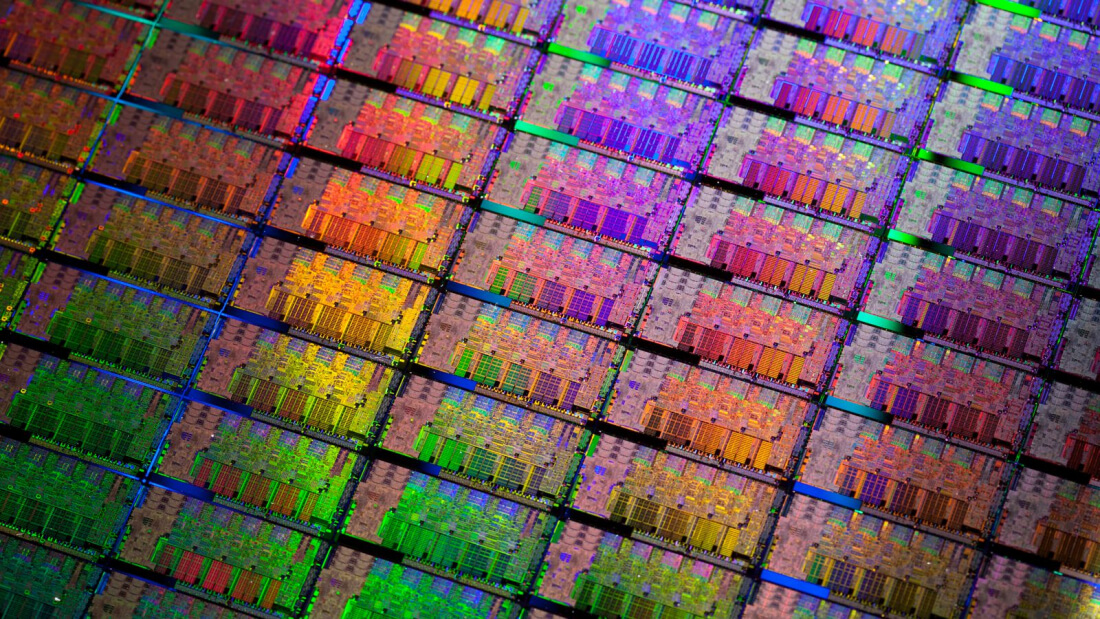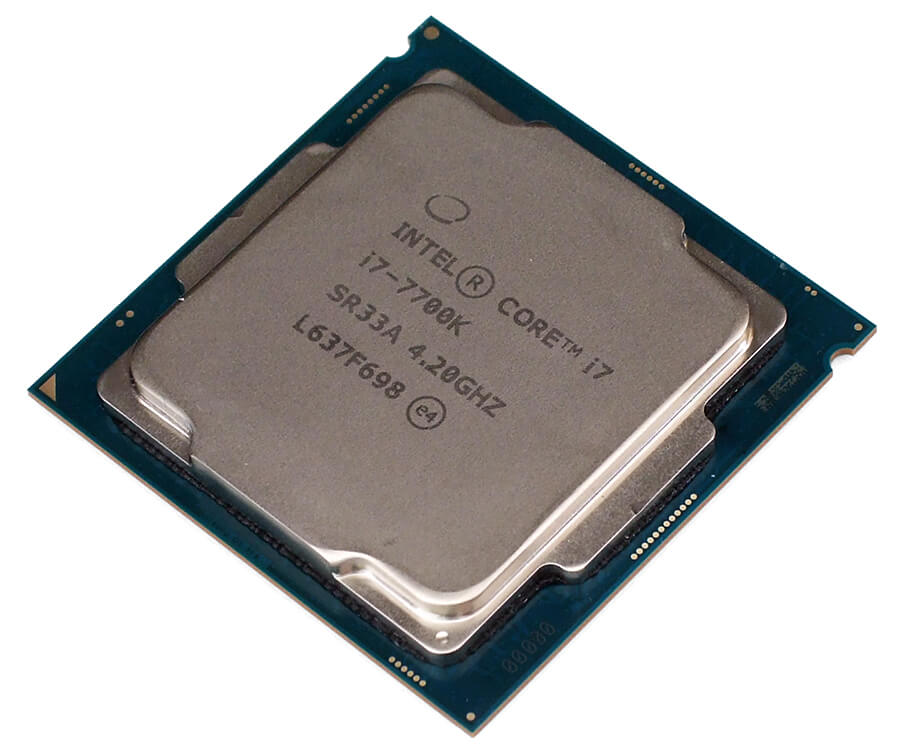
Intel aren't expected to formally announce their Kaby Lake desktop processors until early next year, but somehow Tom's Hardware have received and benchmarked a Core i7-7700K more than a month early. Their findings indicate that Kaby Lake won't be a significant upgrade over Skylake, at least on desktop platforms.
The Core i7-7700K is clocked at 4.2 GHz with a boost clock of 4.5 GHz, which is a small 200-300 MHz clock speed gain on the Skylake Core i7-6700K. The processor also comes with improved Intel HD 630 graphics, and the same four cores and eight threads as its predecessor. The chip's TDP has been increased from 91W to 95W to account for the clock speed gains, noting that Kaby Lake is built on largely the same 14nm process.
Tom's Hardware's testing revealed that the Core i7-7700K is only 3.6% faster than the Core i7-6700K across the benchmarks they performed. This is slightly lower than the 5-7% improvement in clock speeds, and due to the increased power draw that Tom's Hardware recorded, Intel's flagship Kaby Lake chip is actually less efficient than its Skylake predecessor.

Tom's also spent some time overclocking the i7-7700K, and discovered that while the Kaby Lake sample they received did overclock slightly higher than their Skylake CPU (4.78 GHz versus 4.59 GHz), it produced a lot more heat in the process. The i7-7700K ran at 82°C above ambient while overclocked, which equated to a recorded temperature of a whopping 97°C. The i7-6700K, in contrast, ran at just 60°C above ambient (75°C).
As it was unclear whether Tom's Hardware received an engineering sample or a retail Core i7-7700K, these performance characteristics may not carry over to units that will actually go on sale next year. You'll just have to wait until we get our hands on Kaby Lake in the coming months.
https://www.techspot.com/news/67224-early-core-i7-7700k-benchmarks-suggest-minor-speed.html